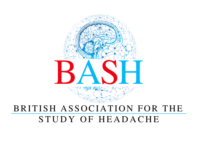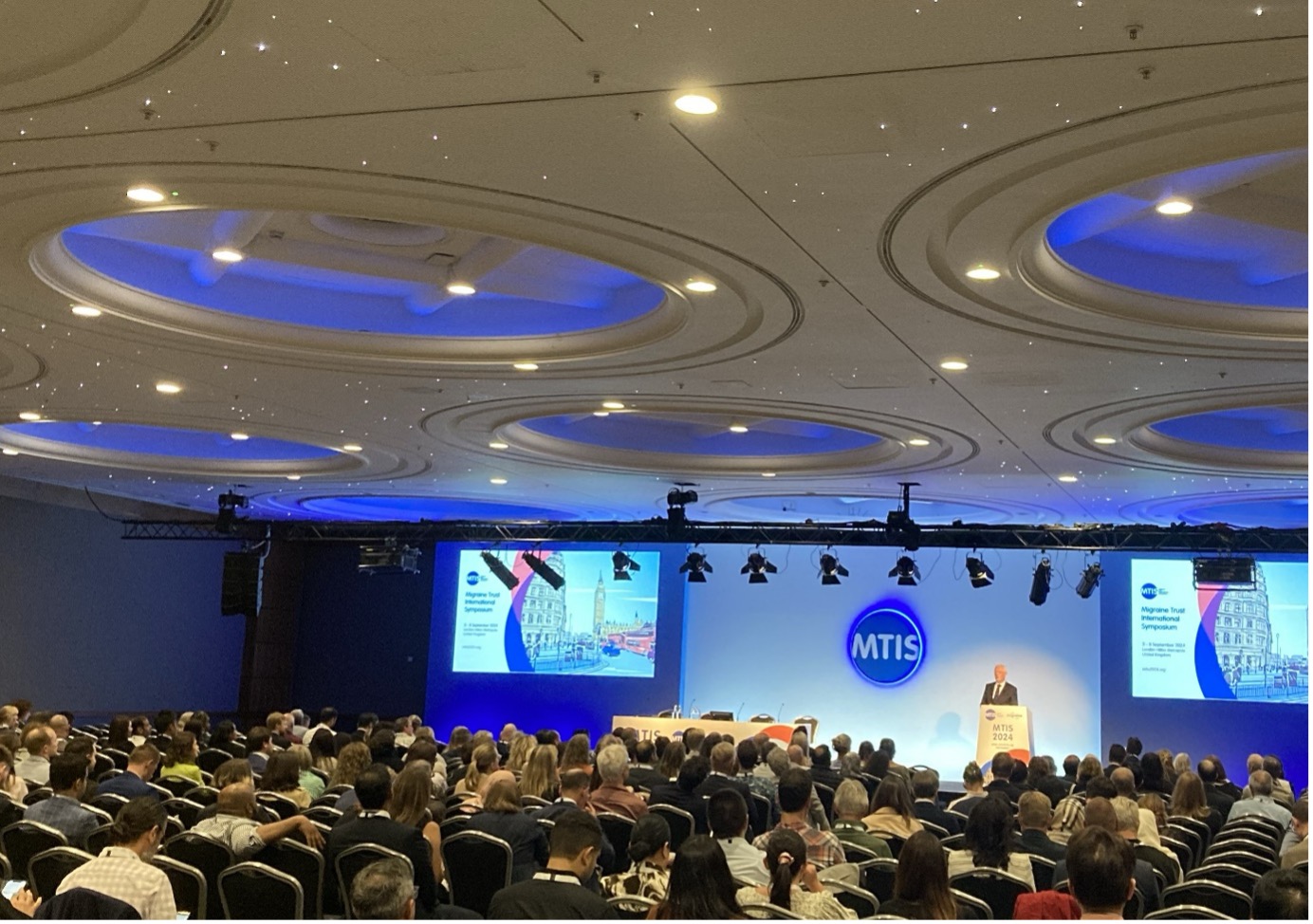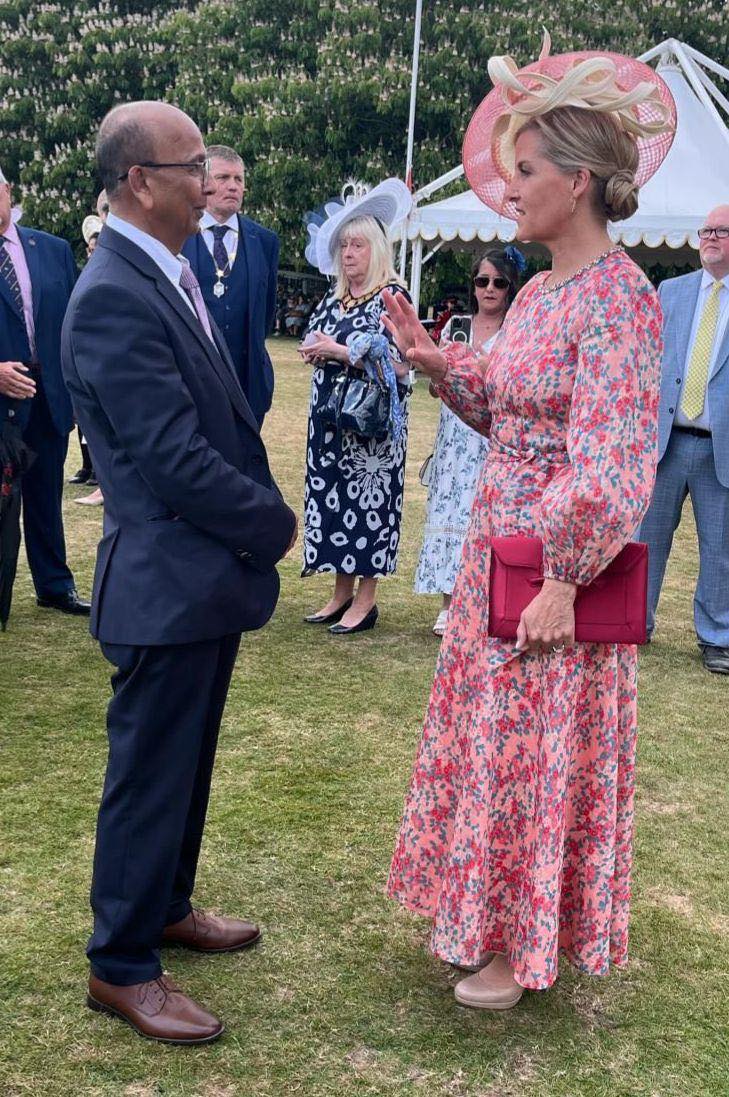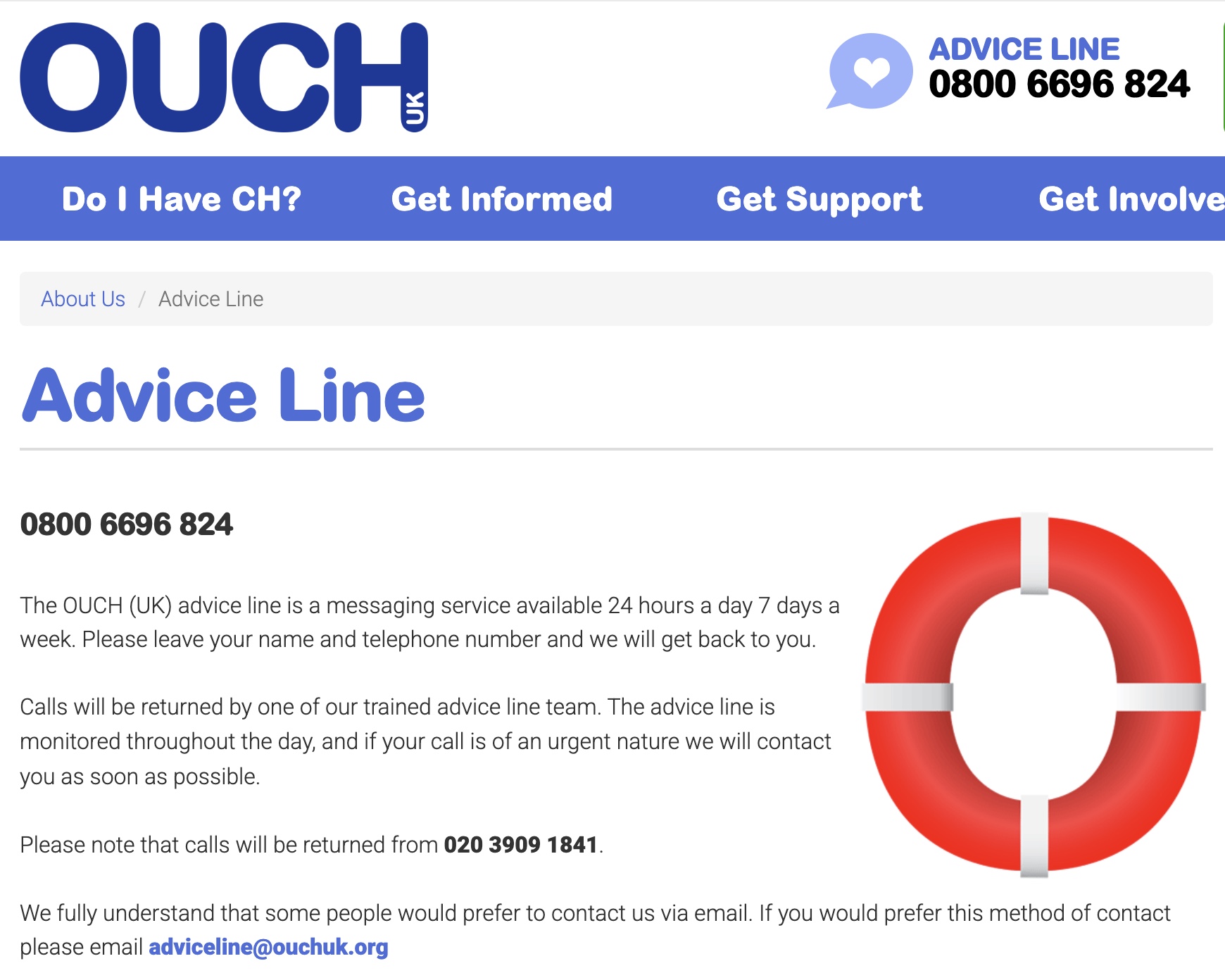Dr Kay Kennis, GPwER in Headache and trustee of the Migraine Trust, reflects on this year's MTIS Conference
The world's longest established headache conference
The Migraine Trust International Symposium (MTIS) was first held in 1976 and is the world’s longest established headache conference. Held bi-annually, it has always aimed to unite scientists and clinicians interested in headache disorders, maintaining a strong focus on people affected by migraine and their carers. This 20th Migraine Trust International Symposium was held at the Hilton London Metropole from Thursday 5th to Sunday 8th September 2024, with an afternoon event on 8th September open to those affected by migraine either in person or on line.
A multi-disciplinary conference
The conference began with a series of teaching sessions and it was good to see scientists, primary care, secondary care, specialist nurses and other allied health care professionals all represented. {Editor's note - to learn more about upcoming GP teaching events see our Events page]
Speakers from around the world gathered
MTIS conference highlights, as always, included the MacDonald Critchley lecture, this year presented by Antoinette Maassen van den Brink from Erasmus MC, Netherlands. The Migraine trust lecture on Friday was given by Rami Burstein from Harvard medical school in the US, and the Nappi Cluster lecture on Sunday given by Jacob Edvinsson from Lund University, Sweden.
Posters, sponsored symposia and other presentations
There was a strong programme of other presentations, including industry symposia, and a fascinating array of poster presentations. I particularly enjoyed the chance to listen to the researchers presenting some of their posters in ‘silent theatre’ sessions, where delegates could listen wearing headphones to short presentations, and could ask questions in a small group setting.
There was just enough time between looking at the posters, lectures and mini-oral presentaitons to grab a cup of tea, or some of the delicious buffet food on offer, and link in with the industry teams who gave their time to answer any clinical or scientific questions we had. I thank them for their patience as I tried to multi-task eating my lunch with asking my queries!
A chance to meet colleagues from around the globe and network
I felt a strong sense of unity and inclusiveness throughout this conference. There were 727 participants this year, representing a total of 48 countries.
It was fascinating to hear of research and clinical practice (both in primary and secondary care settings), around the globe. Dr Francesca Puledda highlighted the fantastic work of the IHS, who are working to create practice recommendations for migraine treatments that should be available world-wide. We heard about the barriers to care people with migraine face in the developed and developing world. In many parts of the world there is little funding for headache care, and few trained headache specialists.
Access to care for people with headache varies widely
I was particularly struck by pictures presented by Dr Debashish Chowdhury from the Pant Institute of Post Graduate medical education and research in New Delhi showing patients lining up for their GON blocks, and a waiting room full of people attending the weekly headache clinic – these people needed to give up a whole day’s wages to await their review. It was very sobering, and shows that as well as in our own countries, as a global community we have improvements to strive for.
Talks on migraine management in men, women and children
On Sunday morning there was a series of interesting lectures on management of migraine depending on sex – certainly the studies looking at new therapies are often under-powered to look for benefit in male patients, and few studies investigate treatments in women using hormonal medications such as contraception and HRT. Studies in children are also limited in number and much needed. However, there was a strong sense of optimism and determination to keep battling. There have been huge advances in migraine care, and, although plenty of questions still remain, it was a delight to hear more of the real-world data from around the world, and the difference new treatments are starting to make to people’s lives.
Understanding the science helps target new treatments
In addition, it is clear that the scientists around the globe are continuing to research the pathophysiology of migraine, and hope more treatments could be on the horizon. We heard, for example, from Phil Holland about the peak release of CGRP at 11pm, with the peak incidence of migraine at 6am- could there be a therapeutic window there we could utilise? Phil Holland and Mario Peres also gave thought provoking discussions on melatonin. It has far-reaching roles including regulating the sleep / wake cycle, reducing inflammation, and reducing insulin resistance. Levels of melatonin differ in people with and without migraine. Could this be important in pathophysiology and treatment of migraine?
A targetted treatment approach?
Patricia Pozo-Rosich and Simona Sacco both highlighted the move towards precision medicine, looking at how we can better target treatment to the individual, minimising side effects, and maximising benefit. There was much research involving the hypothalamus and its role in migraine, especially beautifully presented by Rami Burnstein, while Jacob Edvinson discussed the potential role for the nodes of Ranvier in migraine pathophysiology.
It is not possible to do the level of scientific and clinical research justice in these few words. MTIS is a real hotbed of ideas- a time when charities, clinicians and scientists can have ‘light bulb’ moments as they hear nuggets of information, and marry those with their own ideas and experiences, sometimes coming up with practice changing ideas.
I am grateful to the scientific committee and to the Migraine Trust MTIS committee for once again facilitating a fantastic learning and networking opportunity. I would recommend this conference to anyone with an interest in making life better for the headache community.
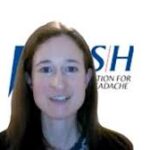
Dr Kay Kennis
GPwER in Headache and Trustee of the Migraine Trust
Bradford
